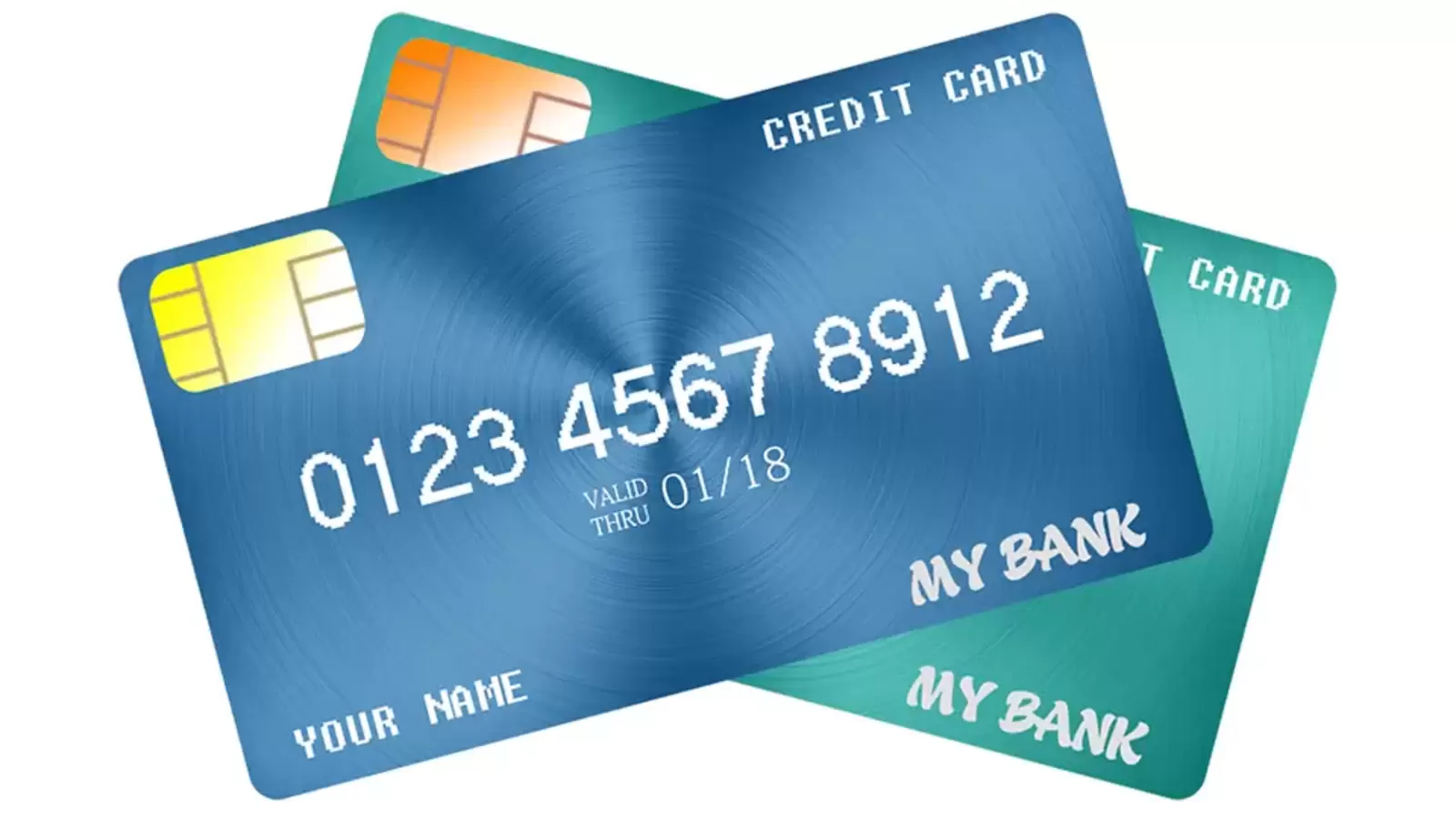With 16-digit card numbers, expiration dates, magnetic stripes, and EMV chips, credit cards and debit cards often have a very similar appearance. With one significant exception, both can make it simple and convenient to make purchases offline or online. With the use of debit cards, you can make purchases using money that has been deposited in a bank. With credit cards, you can borrow money from the card issuer up to a predetermined limit in order to make purchases or cash withdrawals.

What are the pros and cons of using a credit card?
PROS:
Builds credit history: Your credit report reflects credit card use. That covers both good credit history, like timely payments and low credit utilization rates, as well as bad credit history, such as missed payments or delinquencies. Then, your credit scores are determined using the data from your credit reports. With a history of purchases and on-time payments as well as by maintaining modest card balances in relation to their card limitations, responsible spenders can improve their credit ratings.
Purchase and Warranty Protections: Additionally, certain credit cards could offer warranties or insurance on purchases that go beyond what the shop or brand is already providing. For instance, it is worth checking with the credit card company to see if it will give coverage if an item purchased with a credit card develops a problem after the manufacturer’s warranty has passed. Or, you might have built-in purchase and price protection to assist you in replacing products that are lost or stolen or in reimbursing price disparities when the item you purchased is offered for less elsewhere.
Fraud Prevention: The customer’s maximum liability for purchases made after the card vanished is $50 as long as they promptly report the loss or theft. Customers who use debit cards are similarly protected from loss or theft under the Electronic Fund Transfer Act, but only if they disclose it within 48 hours of discovery. The cardholder’s responsibility increases to $500 after 48 hours, and there is no cap after 60 days.
CONS: cons include credit card debts, credit score impact, and interests.
What are the pros and cons of a debit card?
PROS:
A debit card uses the user’s existing funds, eliminating the risk of accumulating debt.
Credit cards used to provide far better fraud protection than debit cards. Some debit cards are starting to provide more of the safeguards enjoyed by credit card users, especially those supplied by payment processors like Visa or Mastercard.
Debit cards don’t have annual fees, despite the fact that many credit cards do. Using your debit card to make a cash withdrawal from an ATM owned by your bank is also free of charge.
CONS: no rewards, no credit, and maintenance fee.
Conclusion: Both credit cards and debit cards are good options varying from person to person, credit cards prove to be more beneficial when it comes to spending as it accumulates various points, gives various rewards as well help save money, only if one keeps in mind to limit their spending to what they can pay off, especially in the USA as there are additional benefits provided by the companies because of the competitive market.










